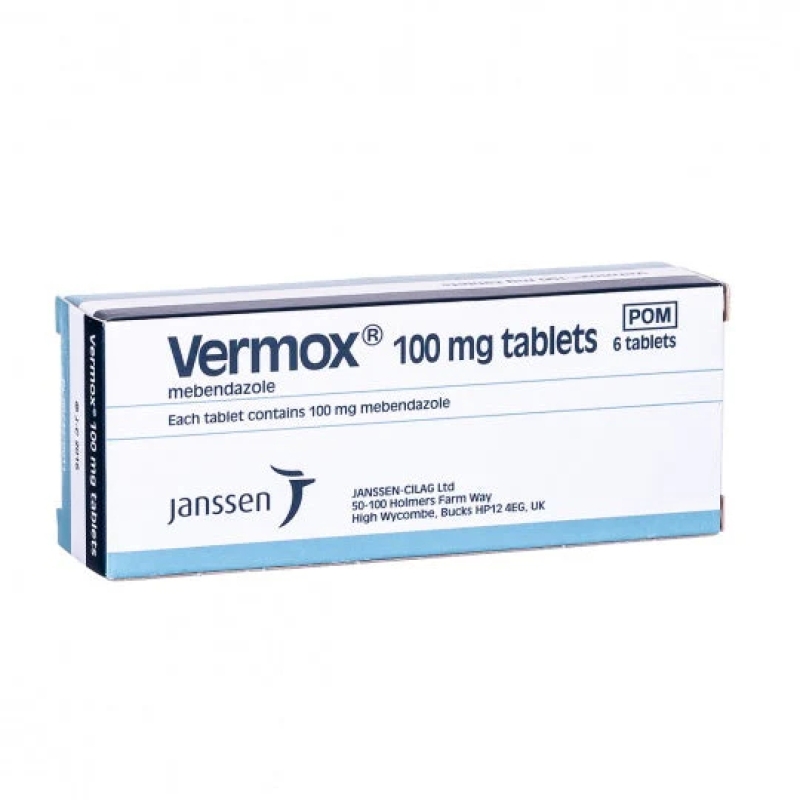How to Order ? Simple.
-

1.
Select Treatment
Choose from our treatment options or speak to the in-store pharmacist for advice
-

2.
Complete Medical Questionnaire
Complete our free online medical consultation to be reviewed by our Clinical Team
-

3.
Collect Medication from Local Pharmacy
We will notify you when your medication is ready for collection
Advice for Threadworms
Threadworms, also known as pinworms, are small, white intestinal parasites that commonly affect children. They spread easily through contact with contaminated hands, surfaces, clothing, or bedding. The main symptom is intense itching around the anus, especially at night, which can lead to discomfort and sleep disturbances.
Threadworms lay eggs around the anus, which become infectious quickly and can survive on surfaces for up to two weeks, making reinfection common without proper hygiene.
Diagnosis is often confirmed using a simple tape test to collect eggs for examination. Treatment typically involves a course of antiparasitic medication, with a second dose recommended after two weeks to prevent reinfection.
To avoid threadworm infections, maintain good hygiene by washing hands regularly, keeping fingernails short and clean, and washing bed linens and clothing frequently.
If you suspect you or your child has threadworms, speak to your pharmacist for advice on effective treatment options.
Threadworm infection commonly causes itching around the anus, particularly at night when the female worms lay their eggs. This itching can be intense and persistent, often leading to discomfort and difficulty sleeping. The scratching may cause redness, irritation, or even secondary skin infections in some cases.
Other symptoms can include:
* **Restlessness and irritability:** Due to the itching and disturbed sleep, children and adults may feel tired or irritable during the day.
* **Abdominal discomfort:** Some people may experience mild stomach pain, nausea, or digestive upset, though this is less common.
* **Visible worms:** Occasionally, small white thread-like worms can be seen around the anal area or in stools.
* **Loss of appetite:** In some cases, the infection may lead to a decreased appetite, especially in children.
It's important to note that many people with threadworms do not show any symptoms but can still spread the infection to others.
If you notice any of these symptoms, it’s advisable to seek advice from a pharmacist or healthcare professional to confirm diagnosis and start appropriate treatment.
Threadworm infections are caused by the parasite *Enterobius vermicularis*, a tiny white worm that lives in the human intestines. The infection spreads when threadworm eggs are accidentally ingested.
The main causes include:
* **Contaminated hands:** Eggs can stick to fingers after scratching the itchy anal area and then be transferred to the mouth, causing reinfection or spread to others.
* **Touching contaminated surfaces:** Eggs can survive on bedding, clothing, towels, furniture, and toys for up to two weeks, making it easy to pick them up from these surfaces.
* **Close contact:** Threadworms spread easily in crowded environments like schools, daycare centers, and households where close contact occurs frequently.
* **Poor hygiene:** Infrequent handwashing, especially after using the toilet or before eating, increases the risk of infection.
Once eggs are ingested, they hatch in the intestines, mature, and females migrate to lay eggs around the anus, continuing the cycle.
Maintaining good personal hygiene and cleaning frequently used items thoroughly can help prevent the spread of threadworms.


